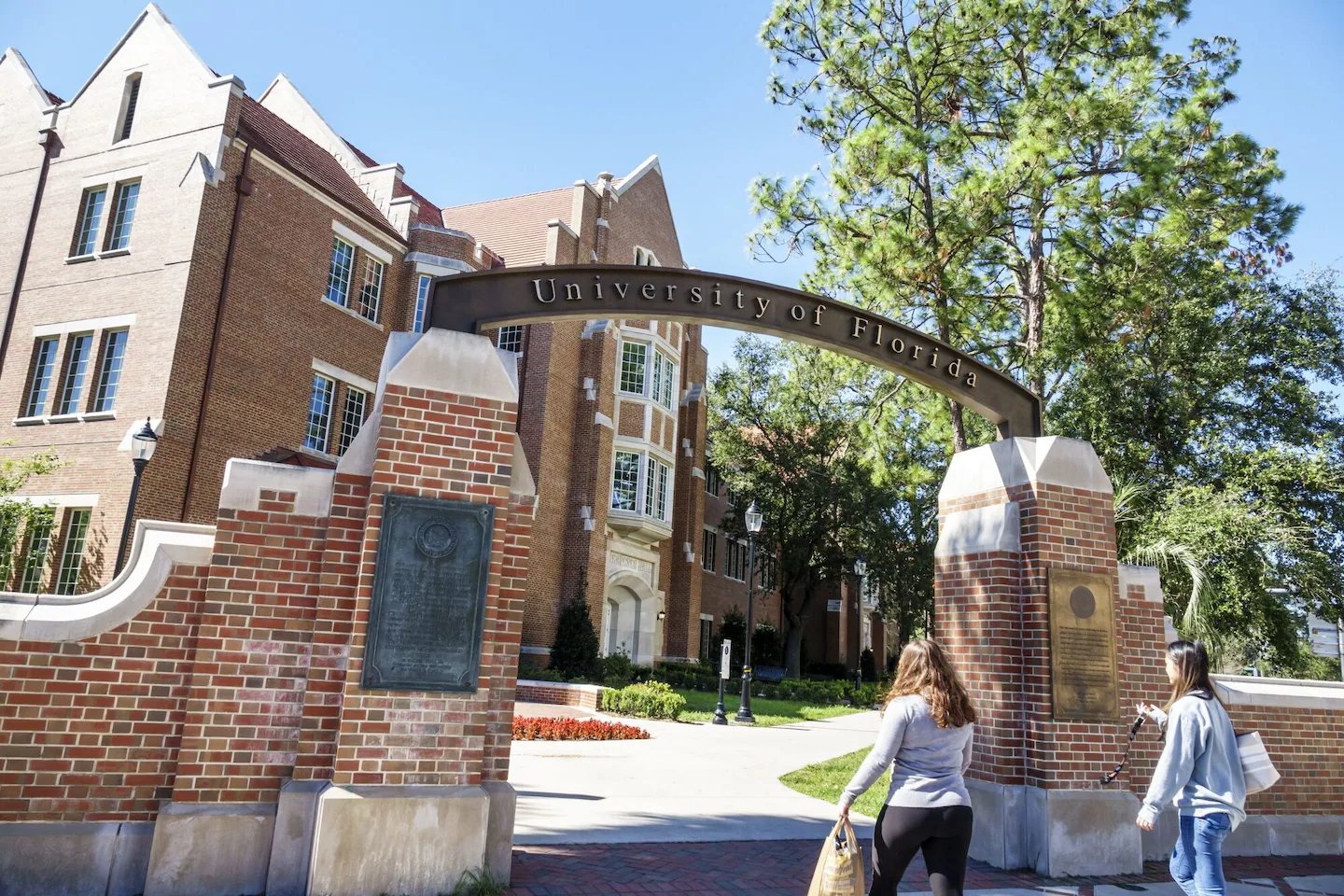Copyright The Boston Globe

The new City Journal college rankings, published by the Manhattan Institute, a conservative think tank, shed light on these overlooked issues while providing a comprehensive ranking of 100 prominent American colleges. No school got anywhere close to a perfect score. But the top slot went to the University of Florida, which — thanks largely to recent reforms — stood out for its alumni network, its protections for student free speech, and its resistance to leftist diversity, equity, and inclusion measures. Among more selective schools — those that accept less than 20 percent of applicants and have a median SAT score above 1400 — the University of North Carolina-Chapel Hill won out. Its leaders generally protect free speech and showed strong leadership in the face of a disruptiveencampment by pro-Palestinian protesters, for instance. And among the most elite colleges in terms of selectivity (a 10 percent acceptance rate and median 1500 SAT score), the Massachusetts Institute of Technology led the pack. MIT offers an extremely strong return on investment relative to its cost, because it drastically improves students’ future incomes, though it’s less impressive in terms of ideological diversity and free-speech protections. On the rankings’ interactive website, students who are already interested in a particular college can see how well it does — and which alternatives fare better. Those beginning their searches can see a college ranking made from a fresh perspective, one that puts campus climate and ideological pluralism in the foreground. It’s an indispensable tool for the growing number of students and parents who believe that traditionally “elite” schools have gotten badly off track. Under the hood, these rankings combine 68 variables across four broad categories: leadership quality, educational experience, student experience, and outcomes. The variables’ sources range from organizations such as The Princeton Review and the Foundation for Individual Rights and Expression, a nonprofit focused on free-speech issues at colleges and elsewhere, to new analyses conducted by the Manhattan Institute of student outcomes, including estimates of the schools’ impacts on students’ future income. The category of leadership quality, for example, measures whether campus administrators support free speech, such as by adopting the Chicago Principles, a set of free-expression guidelines developed at the University of Chicago about a decade ago. It also factors in whether a university has resisted politicization, such as by adopting a policy of “institutional neutrality” in political debates and refraining from actions based on leftist ideology, including dropping test-score requirements in admissions. Another category, educational experience, includes assessments of professors’ ideological diversity and the quality of the research done at the school, based on research spending and rankings from the research group SCImago. The category of student experience measures many aspects of campus life. These range from tolerance for controversial speakers to a robust fraternity and sorority scene to the number of student organizations. Last but not least, the category of outcomes includes factors such as students’ financial return on investment (as estimated by the think tank Third Way) and the quality of alumni networks (as ranked by Princeton Review). In other words, it looks at how students fare after college, out in the real world — after all, that’s supposed to be the whole point of spending so much time and money on school. We don’t need another college ranking system to tell us that Harvard and Yale are the most prestigious. We do need better information regarding the other ways colleges have distinguished themselves recently — including by letting radicals take over buildings, growing or shrinking the DEI bureaucracy, protecting or infringing on students’ and speakers’ free-speech rights, and giving students a good return on the money they spend on tuition, room, and board. The City Journal college rankings provide that information in a way that can help high school seniors and their parents make some big decisions this year.



